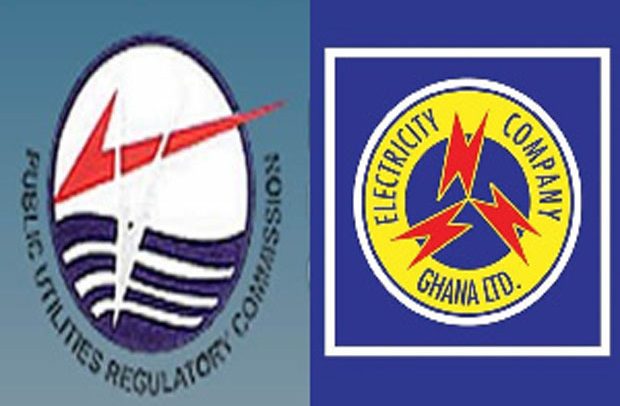
The Electricity Company of Ghana (ECG) has submitted a proposal for a massive 225% increase in its Distribution Service Charge (DSC1).
If approved by the Public Utilities Regulatory Commission (PURC), the increment will raise the DSC1 from its current GHp19.0384/kWh to an average of GHp61.8028/kWh for the 2025–2029 tariff period.
The power distributor, which serves more than 73% of Ghana’s population, argues that the current tariff is unsustainable.
It maintains that the steep increase is necessary to avert financial collapse and ensure a reliable power supply.
According to ECG, the proposed adjustment “would support the execution of critical projects and interventions aimed at enhancing service delivery to customers” and “enable ECG to continue to provide reliable and quality electricity to meet current and future demand within the Southern Distribution Zone.”
The company further explained that the DSC1 constitutes only 11% of the total electricity value chain cost—far below the global benchmark of 30–33%.
It added that this gap, combined with challenges such as the cedi’s depreciation of about 74% between 2022 and 2024, has reduced the real value of its revenue by 45%.
ECG noted, however, that it has implemented measures to mitigate these challenges. These include commercial improvement projects aimed at boosting service delivery, enhancing revenue collection, and reducing losses.
Among them are digital transformation initiatives to eliminate inefficiencies, the ECG Power App, the Loss Reduction Project, and investments in distribution transformers and boundary metering.
The company stressed that inadequate tariffs negatively affect its operational sustainability, as critical investments required to maintain supply quality and reliability are often jeopardised, with dire consequences for both ECG and its customers.
“It means the inability to maintain infrastructure or invest in necessary upgrades increases ECG’s financial debt, hampers efforts to achieve regulatory benchmarks, and leads to dependence on government bailouts, as well as public criticism due to customer dissatisfaction. The need to address the inadequate DSC1 cannot be overemphasised, as it defines the financial viability of ECG and its ability to thrive in a fast-changing energy sector, while meeting the expectations of a rapidly growing and diverse customer base,” ECG said.
The company expressed hope that PURC “will support this case for adequate tariff, and structure the DSC1 to achieve full cost recovery to cover operational costs and investments.”
By Gibril Abdul Razak
Read Full Story
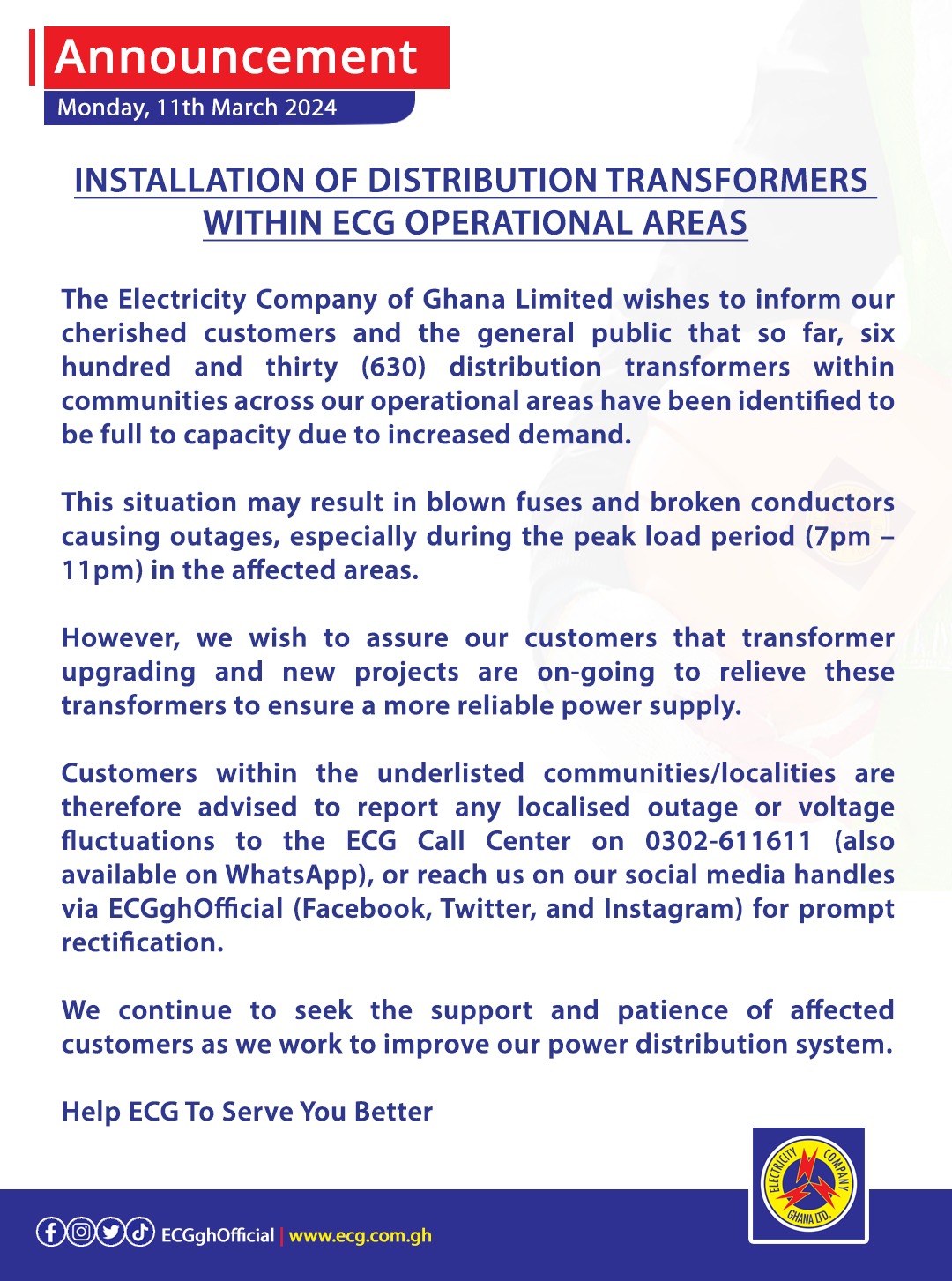


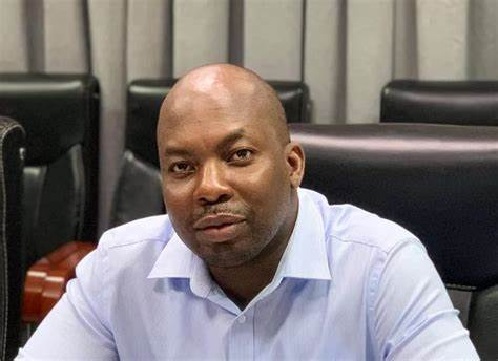


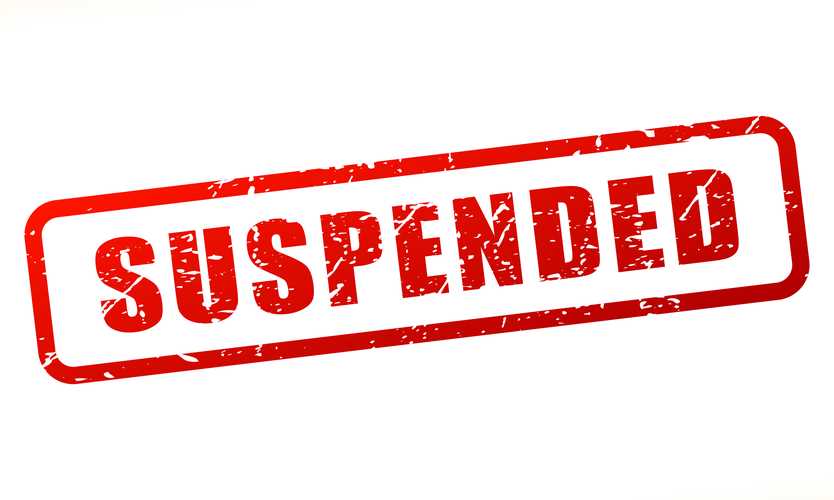
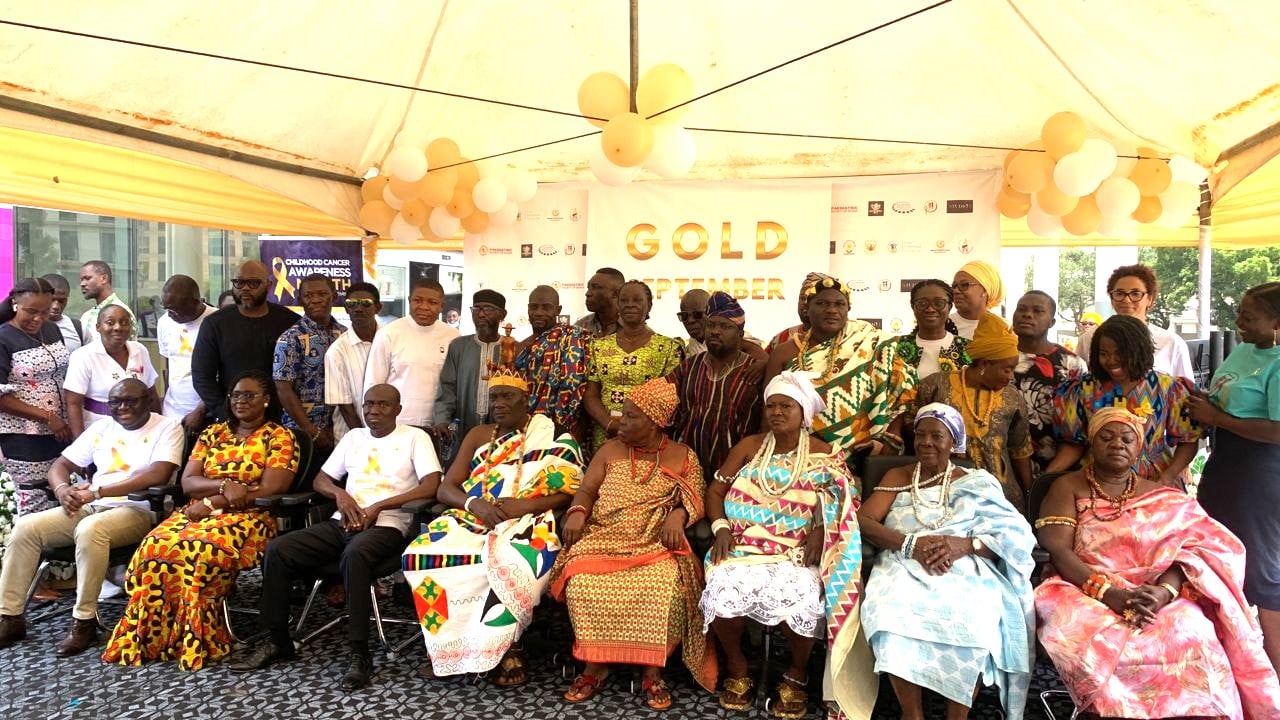








Facebook
Twitter
Pinterest
Instagram
Google+
YouTube
LinkedIn
RSS